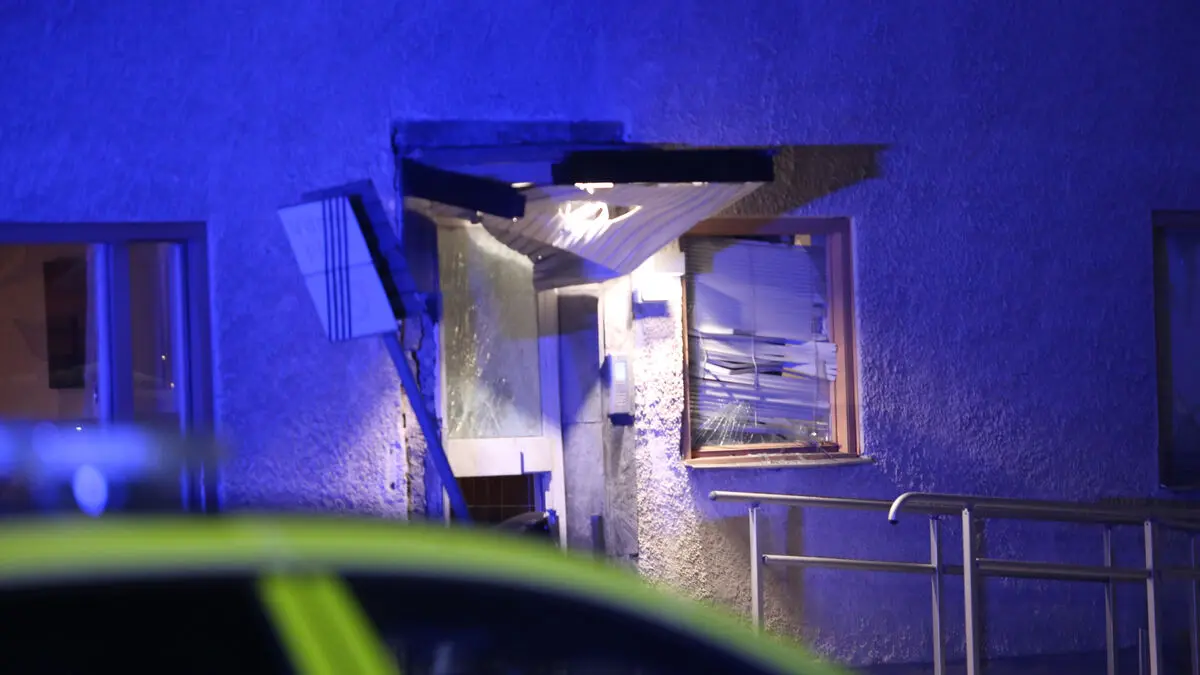–Netanyahu is certainly making the assessment that what Israel has not been able to accomplish with violence so far, they now hope to accomplish with even more violence. But there are plenty of challenges, he says.
Anders Persson sees three obvious risks with such an operation, which constitutes a clear escalation of the war:
–It puts the civilian population of Gaza in an even more precarious situation, since the majority live in these 25 percent that Israel now wants to take over.
The humanitarian centers and warehouses that exist here can also be knocked out and disrupted. Large parts of the remaining hostages are also believed to be in the part of Gaza that Israel does not yet control.
–It puts them in danger, or makes it possible for them to be released through military rescue operations, which some in Israel hope for.
Who will govern?
Netanyahu speaks in an interview with Fox News about some form of civilian government that will take leadership of Gaza. What it means is unclear.
–He talks about an undefined Arab force, but it is unclear if any Arab countries want to participate in this. I spontaneously think it will be difficult to find if Israel does not want to establish a Palestinian state. And it is particularly sensitive if Hamas is not defeated – then no Arab country wants to fight against Hamas on the ground, says Anders Persson.
Netanyahu has previously rejected the Palestinian Authority on the West Bank as a possibility to govern Gaza. That Netanyahu does not this time mention and reject it may, however, imply an opening towards such a solution.
Risk of guerrilla war
A total occupation of Gaza can become a long-drawn-out process, fears Anders Persson.
–The risk is great that one ends up in a guerrilla war. There are assessors who already now compare what is happening in Gaza with, for example, what the US was subjected to in Iraq: ambushes, road bombs, snipers, and the like.
The military is critical and opposes Netanyahu's plan. It is possible that the supreme commander can mitigate it, he assesses.






